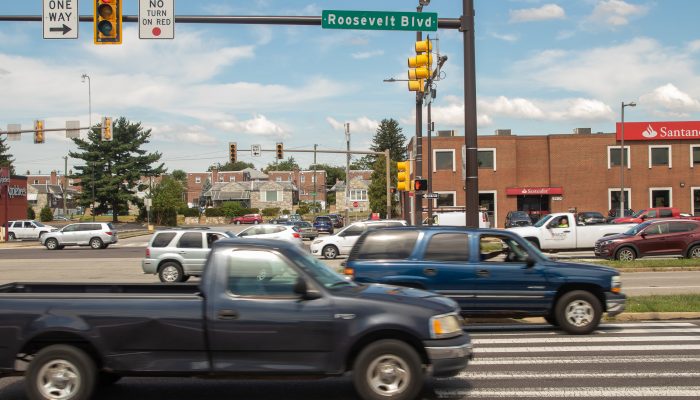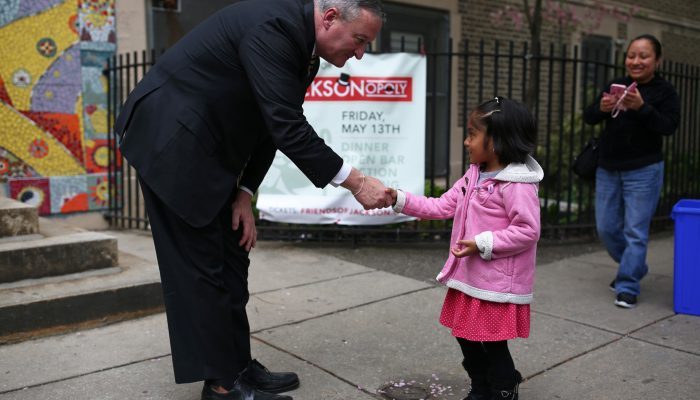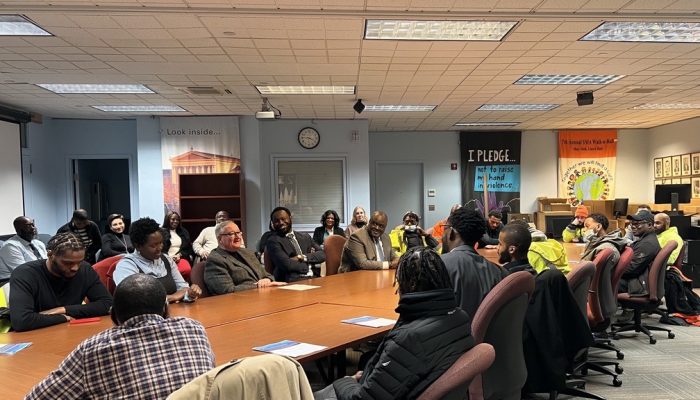Mayor Jim Kenney joined City and State officials to highlight the success of the Roosevelt Boulevard Automated Speed Enforcement (ASE) pilot program and to advocate for City and State legislation to continue the program which is set to expire in 2023, expand it throughout Philadelphia, and implement it in active work zones.
Roosevelt Boulevard was chosen to be a pilot of the ASE program because it has one of the highest rates of crashes in the City. 55 percent of crashes on the Boulevard were either speeding related or a result of aggressive driving (Data source: PennDOT).
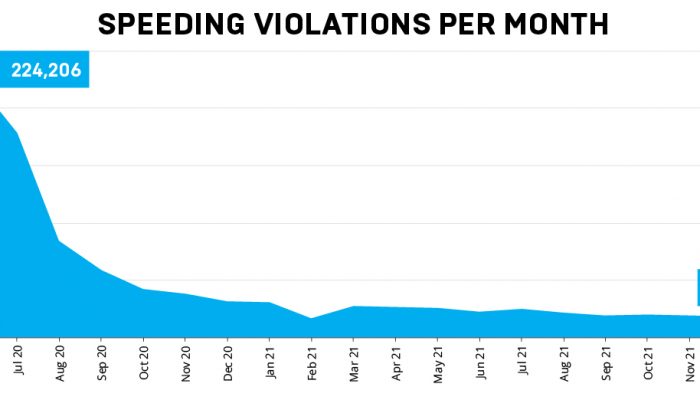
When ASE was introduced in June 2020 the program issued warnings to over 220,000 vehicles traveling 11 miles per hour or more over the speed limit. This past January 2022 ASE issued only 15,000 tickets, a stunning 93 percent fewer speeding violations.
Additional analysis estimates this reduction in the number of speeding vehicles lead to 30 percent fewer crashes compared to the city average and 50 percent fewer traffic deaths in just the first seven months of the program.
Speed cameras saves lives
The success of ASE on the Boulevard cannot be overstated. Even as traffic crashes rose in late 2020 in Philadelphia and across the country, the Boulevard saw 200 fewer crashes in the first seven months. New legislation, at the state and local level, is needed to keep these cameras operating, bring the success of the speed cameras to other corridors throughout our city and save lives.
The success of the pilot program, administered by the Philadelphia Parking Authority (PPA), also means that there is uniform and consistent speed enforcement. This helps manage driving speeds as well as reduce the number of crashes resulting in serious injury or fatalities as detailed in the PPA’s Roosevelt Boulevard Speed Camera Annual Report 2022.
ASE is not designed to inflict harsh punishments or generate revenue. Speeding violations do not result in any points on a driving record and fines are set relatively low to discourage repeat speeding violations. Any surplus funds, after program expenses, are re-invested in the Boulevard through safety projects and technical assistance.
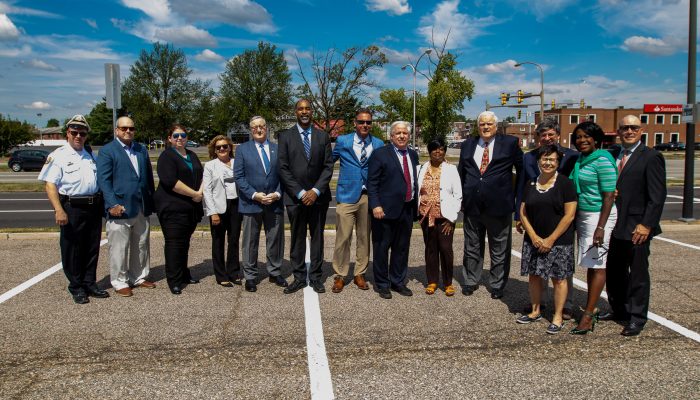
Co-Founder of Families for Safe Streets of Greater Philadelphia, Latanya Byrd, experienced traffic violence on the Boulevard first hand when her niece Samara Banks, and her three nephews all tragically lost their lives on Roosevelt Boulevard on July 16, 2013. “The twilight for the automated speed cameras pilot is approaching,” said Byrd. “Everyone in Philadelphia and the surrounding counties wants to travel safely without fear of a crash that may end their life or the life of a loved one.”
The City remains committed to our Vision Zero goal of eliminating all traffic fatalities and serious injuries in Philadelphia, and encourages everyone to join us in advocating for the continued use of this life-saving program.

